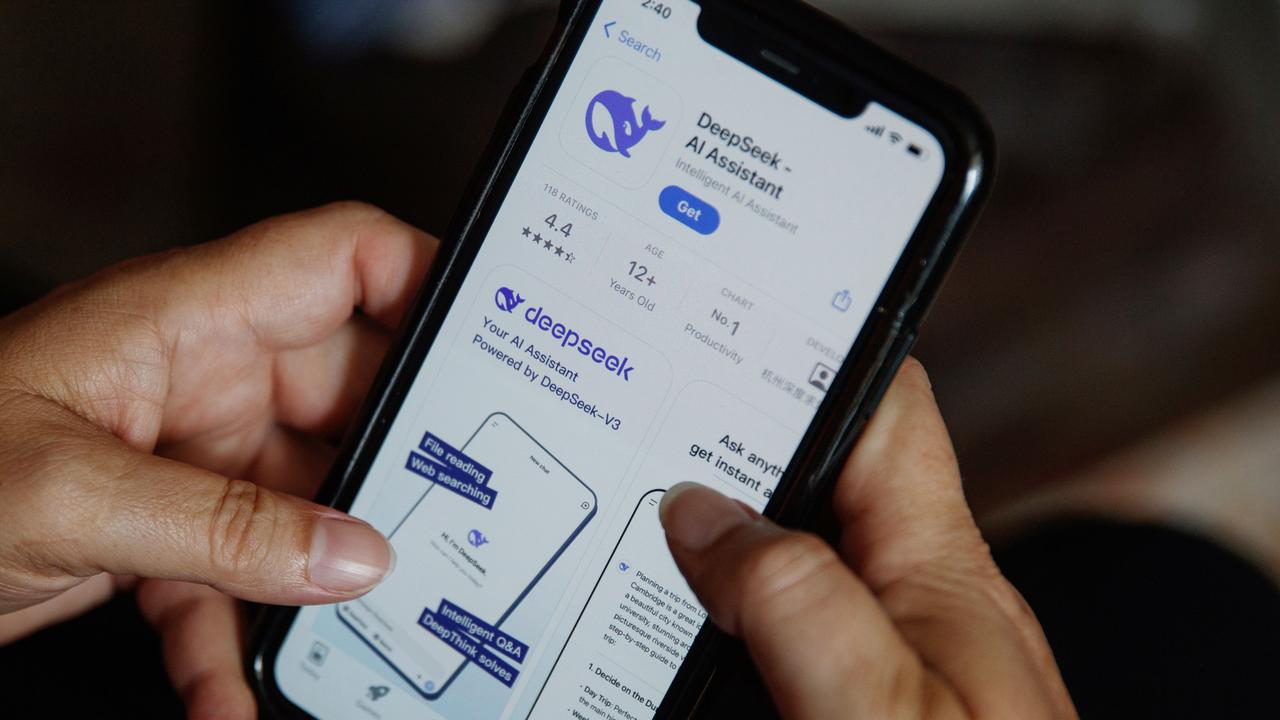Hundreds of millions stolen by criminals targeting online consumers
FRAUDSTERS continue to wreck havoc for innocent internet shoppers by scamming hundreds of millions of dollars from them.
FRAUDSTERS are wreaking havoc for innocent internet shoppers by scamming hundreds of millions of dollars from them.
As Christmas looms consumers are being urged to take extra caution when purchasing gifts online because criminals are out in force.
New figures released by the Australian Payments and Clearing Association found card-not-present fraud, which most commonly occurs when shopping online, increased by 5 per cent to $199 million in the 2012/13 financial year.
AUSTRALIAN SHOPPERS READY FOR A $8.7 BILLION CHRISTMAS SPEND
12 THINGS YOU SHOULD NOT BUY BEFORE CHRISTMAS
WHAT YOU NEED TO KNOW ABOUT CREDIT CARDS AT CHRISTMAS
APCA chief executive officer Chris Hamilton said the rise in CNP fraud was due to the continuing boom in the number of shoppers buying online which rose by 14 per cent in the same period.
He warned them to be vigilant before handing over their details.
"The risk at this time of year is shoppers don't take the type of care that they normally would,'' Mr Hamilton said.
"If it's too good to be true then it might not be, think about who you are buying from.''
BEEN A VICTIM OF ONLINE SHOPPING? TELL YOUR STORY BELOW
He suggested shoppers keep their computer's security up-to-date and only provide card details via secure websites.
Australian Bankers' Association's chief executive Steven Munchenberg also urged online shoppers to be cautious and reminded them that they are protected if unauthorised transactions are made from their accounts.
"More and more customers will be shopping online to get those last-minute gifts because it's convenient, provides choice and it's easy to compare prices,'' he said.
"But it's very important that you buy from trusted web retailers and you think carefully before providing your personal information to anyone or any company."
The data also found fraud on lost and stolen cards was up in the last financial year increasing by 33 per cent to $30.4 million.
"Physically taking the card and pretending to be the person by forging the cardholder's signature is very old-fashioned fraud,'' Mr Hamilton said.
"That kind of fraud you can never completely shut down.''



